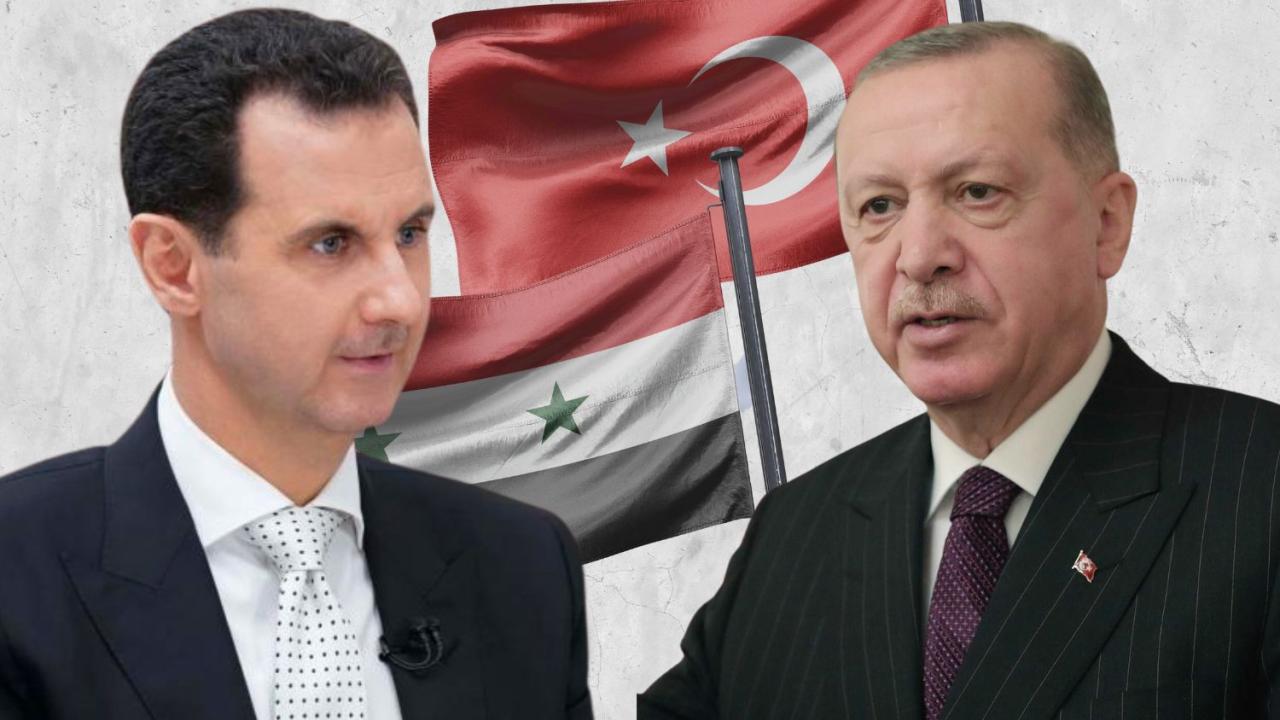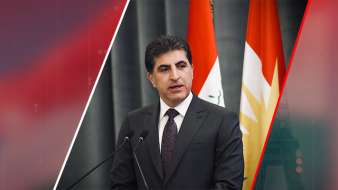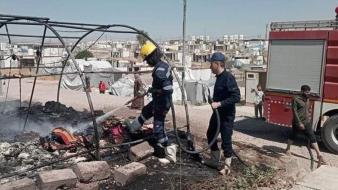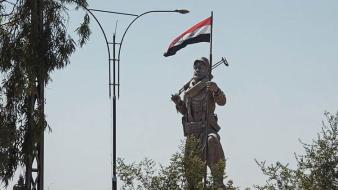Syria not showing a ‘positive’ attitude towards mending of ties: Erdogan
Turkish President Recep Tayyip Erdogan on Tuesday said Syria was not displaying a “positive” attitude towards the normalization of ties between Ankara and Damascus, adding that President Bashar al-Assad is not involved in discussions.
“Unfortunately Assad is watching from afar, from the stand, the steps taken towards normalization in the Turkey-Russia-Iran-Syria format,” Erdogan told journalists on his flight back to Ankara from Russia following a meeting with President Vladimir Putin.
Erdogan said that Turkey “opened its doors” to normalization discussions with Syria but that Damascus is yet to show a “positive” attitude.
Efforts have been underway in recent months to restore ties between Ankara and Damascus, under Russian and Iranian mediation. High-level meetings have also taken place between the Turkish and Syrian defense and foreign ministers, leading to expectations that the two leaders of the countries would also meet soon.
The Turkish president noted that in the quadripartite meeting of foreign ministers in May, countering terrorism and the voluntary return of refugees were among the topics discussed. “If progress is made on these topics, it is possible to normalize relations with the Syrian regime,” he said.
During a televised meeting in August, the Syrian president maintained that a meeting with Erdogan is not possible without the withdrawal of Turkish troops from Syria and that discussions could only take place once a roadmap is put in place.
“Our goal is [Turkey’s] withdrawal from Syrian territory, while Erdogan’s goal is to legitimize the presence of Turkey’s occupation in Syria,” Assad said in the interview.
Erdogan said Ankara thinks that this process should be carried forward gradually, without any preconditions, adding “It is very important for the Syrian regime to act in accordance with the facts on the ground and to avoid approaches that could harm the process.”
Turkey has been the main supporter of opposition fighters who have sought to oust Assad from power and has carried out three major operations in northern Syria. Turkish forces and proxies also control parts of the north of the country.
In July, Erdogan said he was open to talks with Assad but that Turkish troops would not leave Syria.
Turkey justifies its presence in Syria on the grounds of fighting “terrorism” on its borders. It has launched several military operations against Kurdish forces of the People’s Protection Units (YPG) - the backbone of the US-backed Syrian Democratic Forces - viewed by Ankara as the extension of the Kurdistan Workers’ Party (PKK).
Erdogan said his country is in northern Syria to clean the region from what he described as “terrorist groups.”
Syria and Turkey first started showing signs of a warming up of ties following a devastating earthquake that rocked both countries in February, killing over 50,000 people. The tragedy also presented an opportunity for Arab states to start reconciling with Damascus, following over a decade of isolation.
In May, Assad participated in an Arab League summit hosted by Saudi Arabia, marking a return to the Arab fold. The US, however, has maintained a firm position of its disapproval of a normalization of ties with Syria without a solution to the conflict.












